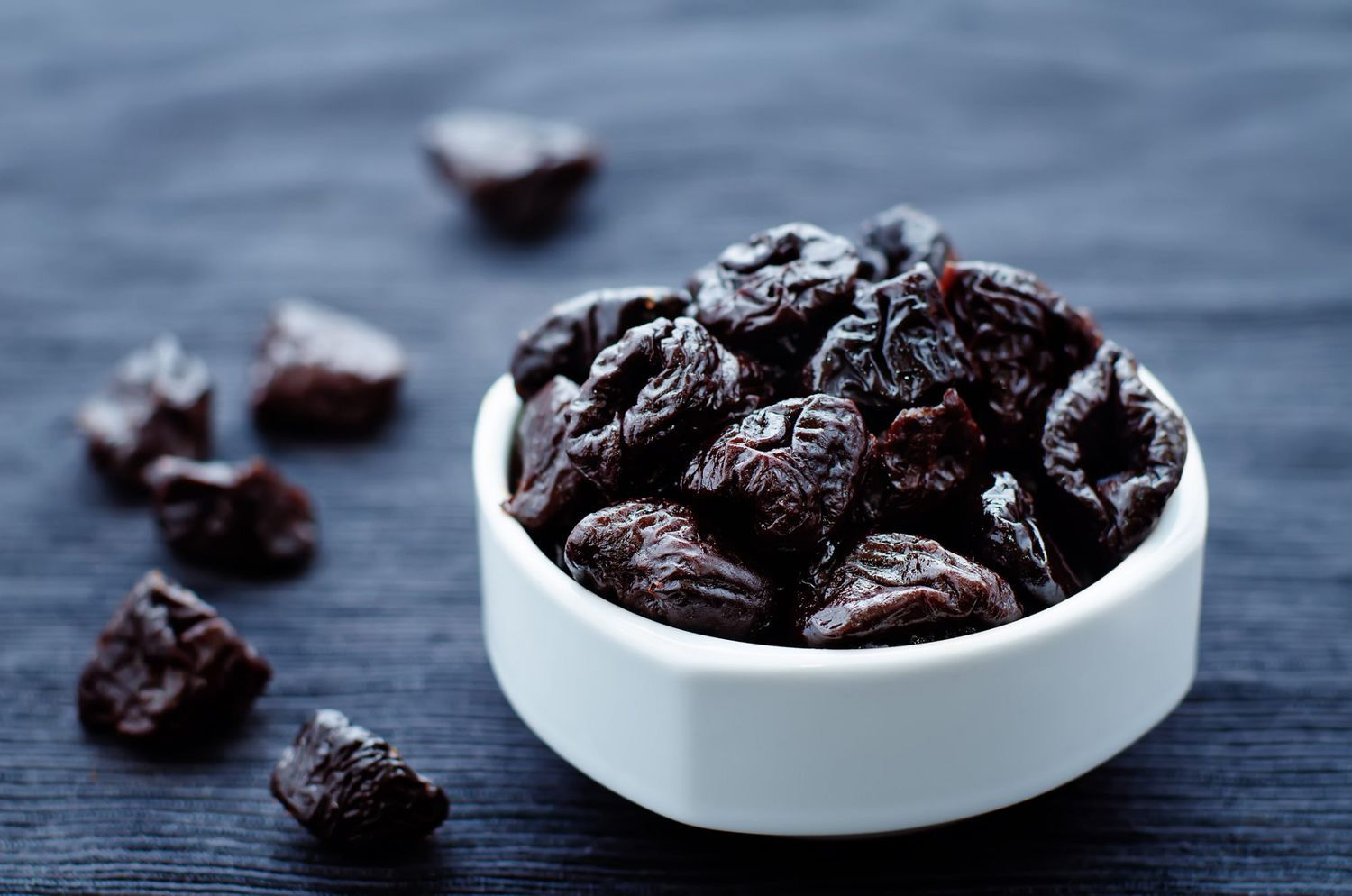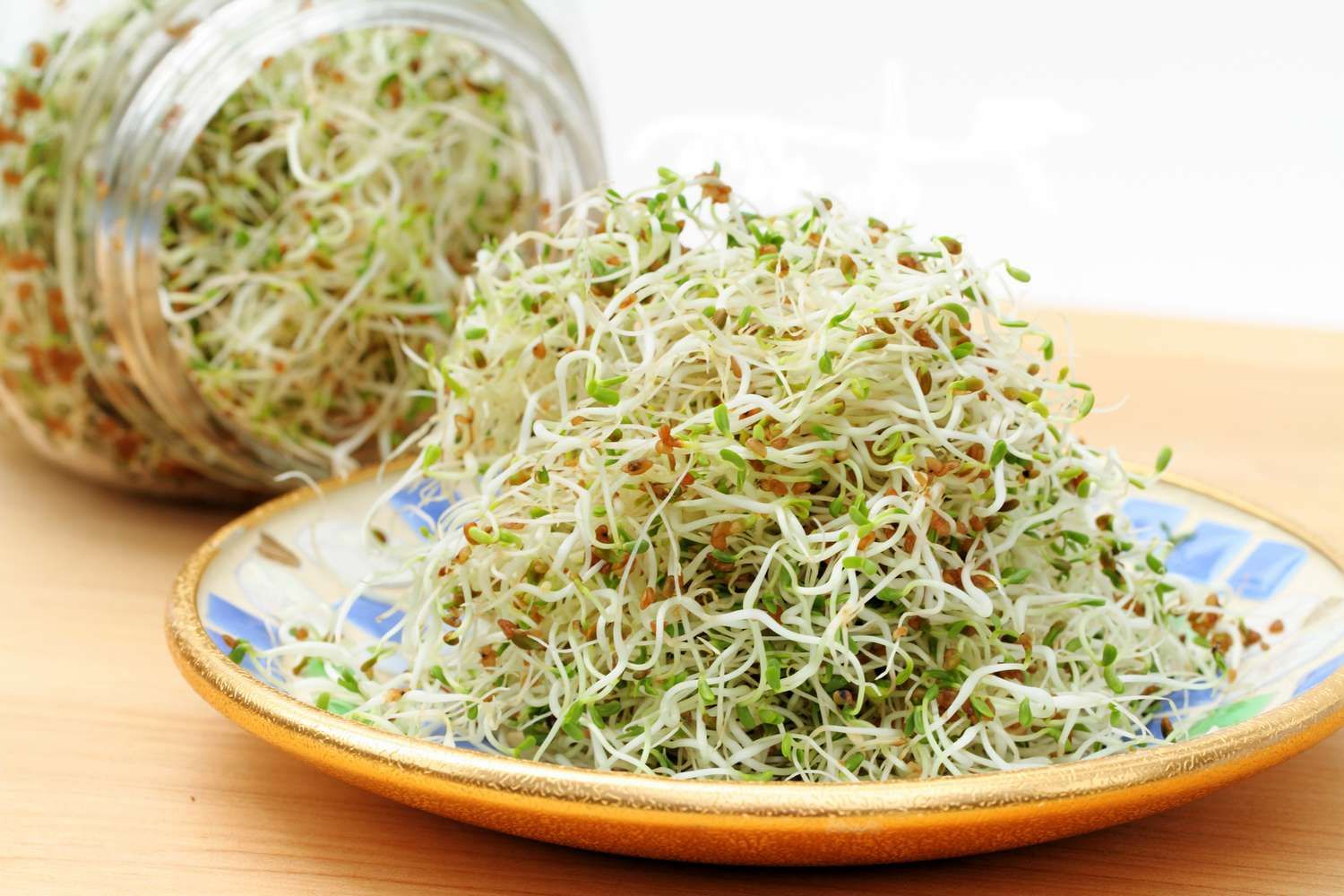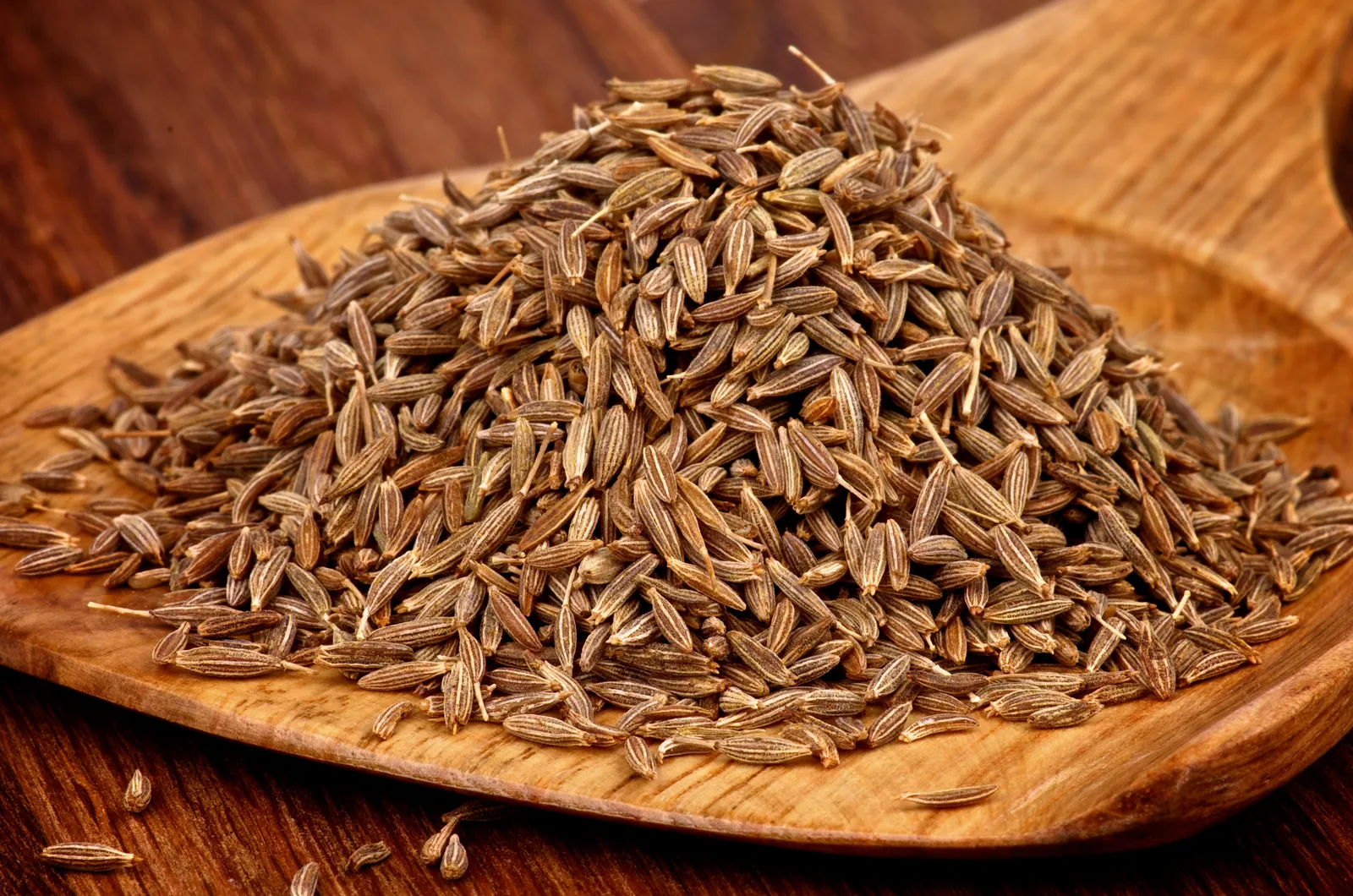Understanding Constipation and Black Seed
Constipation is a common digestive issue that can cause discomfort and inconvenience. It occurs when bowel movements become difficult or less frequent, often resulting in hard and dry stools. While there are various remedies and treatments available for constipation, some people turn to natural solutions such as black seed.
What is Black Seed?
Black seed, also known as Nigella sativa, is a small flowering plant native to Eastern Europe, Western Asia, and the Middle East. The seeds of the plant have been used for centuries in traditional medicine for their potential health benefits. They are rich in nutrients and bioactive compounds that are believed to have medicinal properties.
Using Black Seed for Constipation
When it comes to using black seed for constipation relief, there are a few different methods that can be considered:
- Consuming Whole Black Seeds: Some people choose to consume whole black seeds by swallowing them with water or mixing them into food or beverages.
- Black Seed Oil: Black seed oil is another popular option for addressing constipation. It can be taken orally or used in cooking and food preparation.
- Black Seed Supplements: For those who prefer a more convenient option, black seed supplements in the form of capsules or tablets are available in the market.
Potential Benefits of Black Seed for Constipation
While scientific research on the specific effects of black seed for constipation is limited, some studies have suggested that black seed and its derivatives may have potential digestive benefits. The seeds are known for their anti-inflammatory, antioxidant, and antimicrobial properties, which could contribute to improved digestive health.
Precautions and Considerations
Before using black seed for constipation or any other health issue, it’s important to consult with a healthcare professional, especially if you have any underlying medical conditions or are taking medications. While black seed is generally considered safe for most people when consumed in moderate amounts, it’s essential to be aware of potential allergic reactions or interactions with other substances.
Other Tips for Relieving Constipation
In addition to considering the use of black seed, there are several lifestyle and dietary changes that can help alleviate constipation:
- Stay Hydrated: Drinking plenty of water can help soften stools and promote regular bowel movements.
- Include Fiber-Rich Foods: Foods high in fiber, such as fruits, vegetables, whole grains, and legumes, can aid in digestion and prevent constipation.
- Regular Exercise: Engaging in physical activity can stimulate the digestive system and support healthy bowel function.
- Manage Stress: Stress and anxiety can impact digestive health, so finding ways to manage stress levels can be beneficial.
The Bottom Line
While black seed is often touted for its potential health benefits, including digestive support, more research is needed to fully understand its effects on constipation. It’s important to approach natural remedies with caution and to seek professional guidance when addressing persistent digestive issues. By combining natural approaches with a balanced diet and healthy lifestyle habits, individuals can work towards maintaining optimal digestive wellness.
Remember, individual responses to natural remedies can vary, so it’s essential to listen to your body and make informed choices when exploring alternative solutions for constipation relief.











